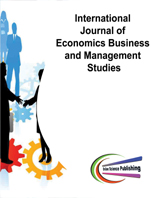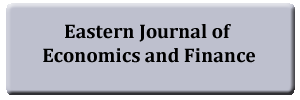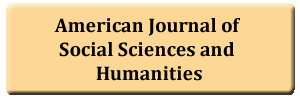Managing Work Family Conflict among Female Entrepreneurs in Ghana for Development
DOI:
https://doi.org/10.20448/802.3.1.21.35Keywords:
Work family conflict, Family-to-work, Work-to-family, Female entrepreneurs, Management, Coping, Development, Ghana.Abstract
E It is either a way of lending additional support to the family finances or merely a full business to cater for one’s own economic survival and that of other significant others. This study sought to find out the key coping strategies adopted by female entrepreneurs in the face of constant demands from the family and work domains. It further sought to find out the type of work family conflict experienced by female entrepreneurs. The implications for national development are further discussed. Data collection involved the administering of questionnaires to some female entrepreneurs (n=32) whose businesses are in the Greater Accra Region of Ghana. The questionnaires had close-ended and open-ended questions and statements. Findings indicate that no significant difference exists in the experience of work-to-family conflict and family-to-work conflict among female entrepreneurs. Requiring from them the coping strategies they use in managing the arising role conflicts, respondents noted that they set targets and deadlines; follow a time schedule; work within individual capacity; and employ support from family and house helps. These strategies have resulted in: working harder and remaining focused; using time effectively and efficiently; ensuring continuity of business; increase in sales; and decrease in workload. Respondents noted that in line with national development, the balance of work and family roles allow for maximum concentration on work, which also increases productivity and sales, thereby improving Ghana’s GDP. Additionally, once the business thrives, it can expand and employ more people to work for economic gains. Insightfully, having quality time for the family as a result of the balance helps to raise responsible children who then become responsible citizens for the good of the country.




